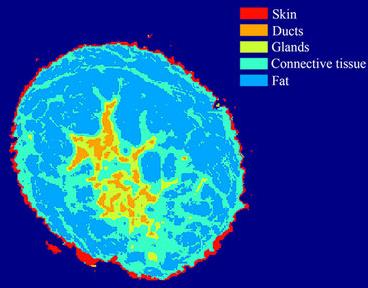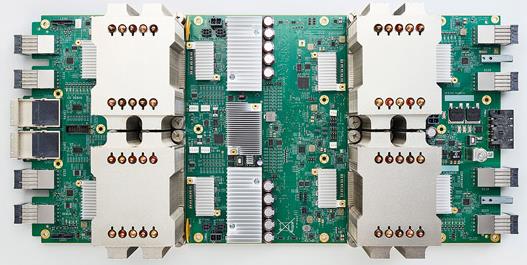What is Machine Learning?
Machine Learning (ML) was once a technological “problem child” lurching through endless booms and busts. But now it has become the driving force behind several of the largest companies in the world.
How did this happen, and how is it connected to the work of an expert witness?
Machine learning has gone by several names since it was birthed from the field of cybernetics in the 1950s. Terms such as Artificial Intelligence (AI), Neural Networks and Deep Learning each have specific meanings, but they are often loosely used to describe the same idea of non-programmed computer systems.
Around 10 years ago, these “computers without programming” moved into high gear. Today their effects on everyday life are increasingly felt. Accordingly, neural networks expert witnesses, deep learning expert witnesses and AI expert witnesses will all be in increasing demand going forward.
Machine learning systems in daily use
Recommendation systems from Amazon, Netflix and Google are examples of machine learning. Rather than humans writing a program for a computer, a machine learning system takes a large pile of historical data and uses it to create a relation between an input and an output.
In the case of the movie recommendation system, the inputs are the movies you watched recently, and the output is a list that the system “thinks” you might like. People are often surprised by how accurately these systems predict content they enjoy.
Medical imaging is another example (see figure 1). Here a machine learning system has classified the different types of tissue in the breast, based upon a library of images previously analyzed by physicians and consumed by the ML system.

We can go further. If the input is a medical image, the output could be not just a tissue type, but a diagnosis. Provide the machine learning system with enough images and past diagnoses, and one can obtain a system which produces “diagnoses” from new images.
These applications easily become controversial. Radiologists have years of training in image interpretation, and their professional practice is the delivery of insight from data. This feels to most people like a very high register of human mental effort. Delegating patient management decisions to a computer would raise a host of concerns.
Dramatic machine learning progress at Google

In November 2016, Google Translate suddenly began to produce translations that are usually indistinguishable from the output of human translators. Machine translation has made slow progress from its genesis in 1956: until last November its results were not close to human translation quality. The change Google made was to use a neural network (see figure 2) rather than their previous phrase-based statistical machine translation system. Details of this innovation can be found here.
ML stakes are now so high that technology writers now talk of an “AI Arms Race” going on. The major combatants are Google, Facebook, Apple, Amazon, Microsoft and Baidu.
How does Machine Learning affect litigation?
Litigation is a complex and overwhelmingly human effort. How might machine learning influence the process? Here are some areas where machine learning innovation is taking place.
One avenue of research is in the textual analysis of patent claims, to predict the likelihood of a PTAB or court challenge succeeding. Reliable automatic measures of the strength of patents based on the IP landscape and claims would have great value to companies and attorneys.
Litigation discovery could also benefit from machine learning systems [1]. A typical litigation requires combing through enormous quantities of documents and email in a search for relevance. Keyword searching has been available for years, but this would go well beyond in reducing the number of documents that humans need to review.
Health insurance fraud is difficult to detect. Recent ML research [2] creates a numerical score for each transaction which is a measure of the likelihood that the transaction is fraudulent.
Conclusion
Machine learning is exploding in its importance to involve a wide variety of areas of endeavor. For lawyers dealing with matters involving machine learning, a machine learning/artificial intelligence expert witness actively working in this area can provide invaluable advice. A machine learning/artificial intelligence expert will certainly be required in patent and intellectual property disputes involving this important and rapidly developing technology.
References
- V. Cormack and M.R. Grossman, Evaluation of Machine-Learning Protocols for Technology-Assisted Review in Electronic Discovery, in Proceedings of SIGIR 2014: 37th Annual ACM SIGIR Conference on Research and Development in Information Retrieval (2014): 153-62. PDF available here.
- Kose, M. Gokturk, and K. Kilic, An interactive machine-learning-based electronic fraud and abuse detection system in healthcare insurance, Applied Soft Computing vol. 36 (2015): 283-99. PDF available here.
Leave a Reply